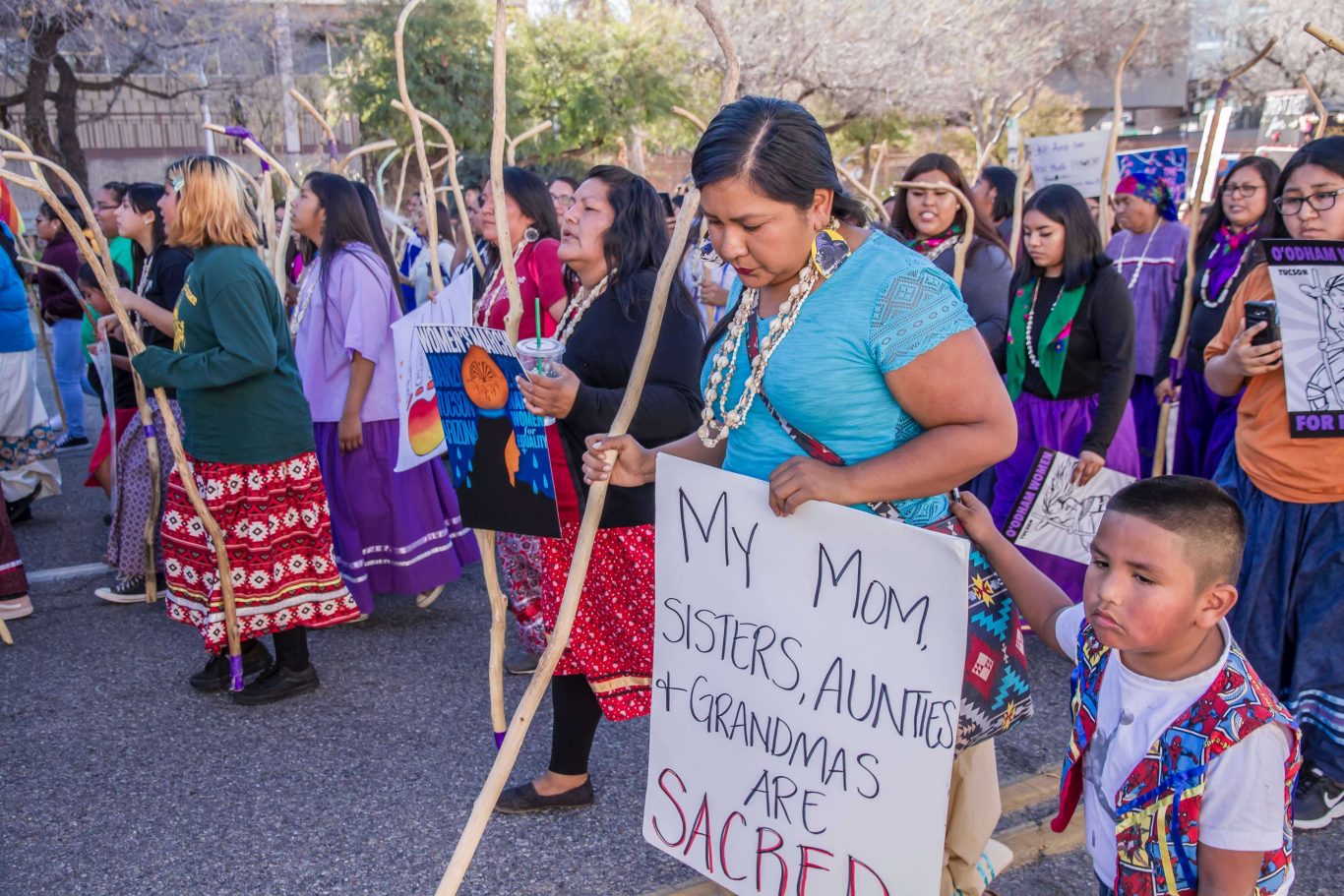Observing Indigenous Peoples’ Day
Observing Indigenous Peoples’ Day
Marking the Nation’s first official commemoration of Indigenous Peoples’ Day, Monday, October 11 rethinks Columbus Day and the glorification of imperialism and colonialism. Today and every day, we reveal the historical truths about genocide, relocation, exploitation, land theft, forced assimilation, enslavement, invisibilization, renaming of Indigenous land and the oppression of Indigenous people in the Americas. We do so to expose the dehumanizing acts that have led to the near erasure of Indigenous people, traditions, language and culture.
We also take this day to celebrate and honor Native contributions and culture. “This is a celebration of the many cultures and contributions of Indigenous peoples to this state, and a commitment to ensuring the truth is told and history is not erased or whitewashed as it has been in the past,” Rep. Teresa Alonso Leon, D-Woodburn said in a recent Oregon Public Broadcasting article.
We acknowledge that Portland, Oregon has the ninth largest Urban Native American population in the United States with over 380 federally recognized tribes represented in the Urban Portland Metropolitan area… We are honored by the collective work of many Native Nations, leaders and families who are demonstrating resilience, resistance, revitalization, healing and creativity. (Land Acknowledgment crafted by Portland State University Indigenous Nations Studies Program)
At Oregon Food Bank, we observe today to:
Acknowledge past and present harm, including continued disproportionate rates of hunger and poverty experienced in Native American communities. In a recent, pre-COVID-19 study of Native American Tribes in northern California and southern Oregon, it was revealed that 92 percent of households lacked access to enough good, healthy, culturally-appropriate food. (Feeding America)
Address the inaccuracies of the origins of Columbus Day and tell a more accurate and just story of Native Americans. Indigenous People, including those who are not federally recognized, have been stewards of this land since time immemorial.
And honor and celebrate the resistance, creativity, resourcefulness and continuous resiliency of contemporary Indigenous communities and that of their ancestors in the face of discimination and generational genocide. Their culture and practice of reciprocity have preserved this land and resources.
In our collective movement of decolonization and indigenization within our organization and society at large, we strive to: bring about public awareness; influence narrative change; and generate support to address the contemporary challenges and problems faced by Indigenous Peoples as they reclaim sovereignty as the original stewards of this land.
Below are resources to help deepen our shared learning and understanding:
IllumiNative: For decades, the lack of representation and information about Native Peoples has perpetuated damaging myths and stereotypes. IllumiNative is an initiative, created and led by Natives, to challenge the negative narrative that surrounds Native communities and ensure accurate and authentic portrayals of Native communities are present in pop culture and media.
Native Land: a resource for people to find out more about local Indigenous territories and languages through an interactive map.
LANDBACK: a movement that has existed for generations with a long legacy of organizing and sacrifice to get Indigenous Lands back into Indigenous hands. Currently, there are LANDBACK battles being fought all across Turtle Island, to the north and the south.
Indian Country Today: a spacious channel that serves Indigenous communities with news, entertainment, and opinion. Indian Country Today covers tribes and Native people throughout the Americas.
Ending Violence Against Indigenous Women: “In the United States, violence against Indigenous women has reached unprecedented levels on tribal lands and in Alaska Native villages. More than 4 in 5 American Indian and Alaska Native women have experienced violence, and more than 1 in 2 have experienced sexual violence. Alaska Native women continue to suffer the highest rate of forcible sexual assault and have reported rates of domestic violence up to 10 times higher than in the rest of the United States. Though available data is limited, the number of missing and murdered American Indian and Alaska Native women and the lack of a diligent and adequate federal response is extremely alarming to Indigenous women, tribal governments, and communities. On some reservations, Indigenous women are murdered at more than ten times the national average.”
Surviving Disappearance, Re-Imagining & Humanizing Native Peoples: Matika Wilbur at TEDxSeattle: “Matika Wilbur, one of the Pacific Northwest's leading photographers, has exhibited extensively in regional, national, and international venues such as the Seattle Art Museum, the Burke Museum of Natural History and Culture, The Tacoma Art Museum, the Royal British Columbia Museum of Fine Arts, and the Nantes Museum of Fine Arts in France. She studied photography at the Rocky Mountain School of Photography in Montana and received a bachelor's degree from Brooks Institute of Photography in California. Her work led her to becoming a certified teacher at Tulalip Heritage High School, providing inspiration for the youth of her own Indigenous community.”
A century of trauma at U.S. boarding schools for Native American children: “At first, education was in the hands of missionaries, some of whom set up schools on and near the new reservations. But as white settlers flooded into the western U.S. in the mid 19th century, forced assimilation became a federal priority. The government started to invest in mission schools and day schools. But over time, writes historian Ronald C. Naugle, “The reservation environment, to which the child returned daily, undermined the process of assimilation.”
Decolonizing the Way We Eat: How Did We Get Here and How Do We Re-Indigenize Our Relationship to Food?: “Being in living relationship with our food is a practiced awareness and a crucial cultural foundation of indigeneity, the loss of which has been a disastrous legacy of colonialism.”
While we celebrate this momentous recognition of America’s Native populations at the federal level, there is much work to be done in order to right these ongoing, generations-long wrongs. We must continue to address hunger’s root causes – like poverty and oppression – so that all Americans can thrive today and emerge stronger tomorrow.
Support our partners in their work with Indigenous communities in the Portland area:
